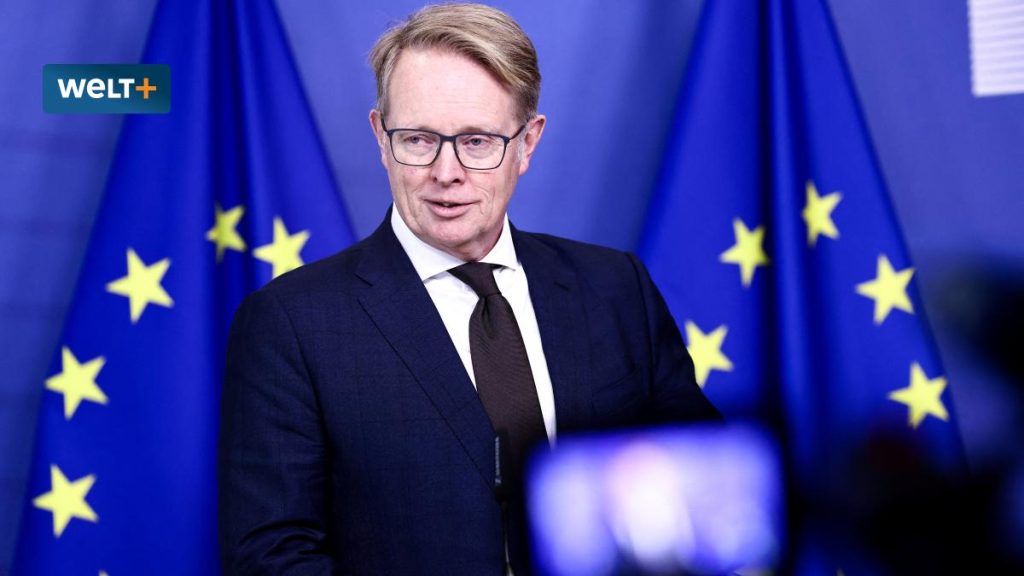The European Union’s border agency, Frontex, has come under scrutiny for its partnerships with third countries in an effort to strengthen external border control. These partnerships have raised concerns about potential human rights violations and the agency’s accountability. Frontex has agreements with non-EU countries such as Libya, Turkey, and Belarus, where migrants and refugees face harsh conditions and the risk of abuse. Critics argue that Frontex is outsourcing its border control responsibilities to these countries without adequate oversight.
The use of third-country partners by Frontex has been met with criticism from human rights organizations and the European Parliament. They have raised concerns about the lack of transparency and accountability in these partnerships, as well as the potential for human rights abuses. The agency’s role in cooperating with countries known for their poor human rights records has raised ethical questions about its operations. Frontex has defended its partnerships as necessary for controlling irregular migration and ensuring border security, but critics argue that this comes at the expense of human rights protections.
One of the main concerns about Frontex’s partnerships with third countries is the potential for human rights violations. In Libya, where Frontex has a cooperation agreement, migrants and refugees face detention in overcrowded and unsanitary conditions, as well as the risk of abuse and exploitation. Frontex’s involvement in supporting the Libyan coast guard in intercepting and returning migrants at sea has also raised questions about the agency’s complicity in human rights abuses. Similar concerns have been raised about the agency’s cooperation with Turkey and Belarus, where migrants and refugees face similar risks.
The lack of transparency and accountability in Frontex’s partnerships with third countries has been a major issue for critics. The agency has been accused of operating without proper oversight and failing to address allegations of human rights abuses by its partners. The European Parliament has called for more transparency and scrutiny of Frontex’s operations, including its dealings with third countries. The agency has faced criticism for its lack of accountability and its perceived role in enabling human rights violations through its partnerships.
Frontex has defended its partnerships with third countries as necessary for controlling irregular migration and securing the EU’s borders. The agency has argued that cooperation with countries like Libya, Turkey, and Belarus is crucial for preventing unauthorized border crossings and protecting the EU from security threats. Frontex has also emphasized the need for a comprehensive approach to border management, which includes working with third countries to address the root causes of irregular migration. However, critics argue that the agency’s partnerships come at the expense of human rights protections and ethical considerations.
In response to the criticism and scrutiny of its partnerships with third countries, Frontex has pledged to improve its accountability and transparency. The agency has committed to conducting more thorough assessments of its partners and ensuring that human rights considerations are taken into account in its operations. Frontex has also stated its commitment to upholding international human rights standards and ensuring that its cooperation with third countries does not lead to abuses or violations. However, the agency continues to face backlash from human rights organizations and lawmakers who argue that more needs to be done to address the ethical concerns raised by its partnerships.


